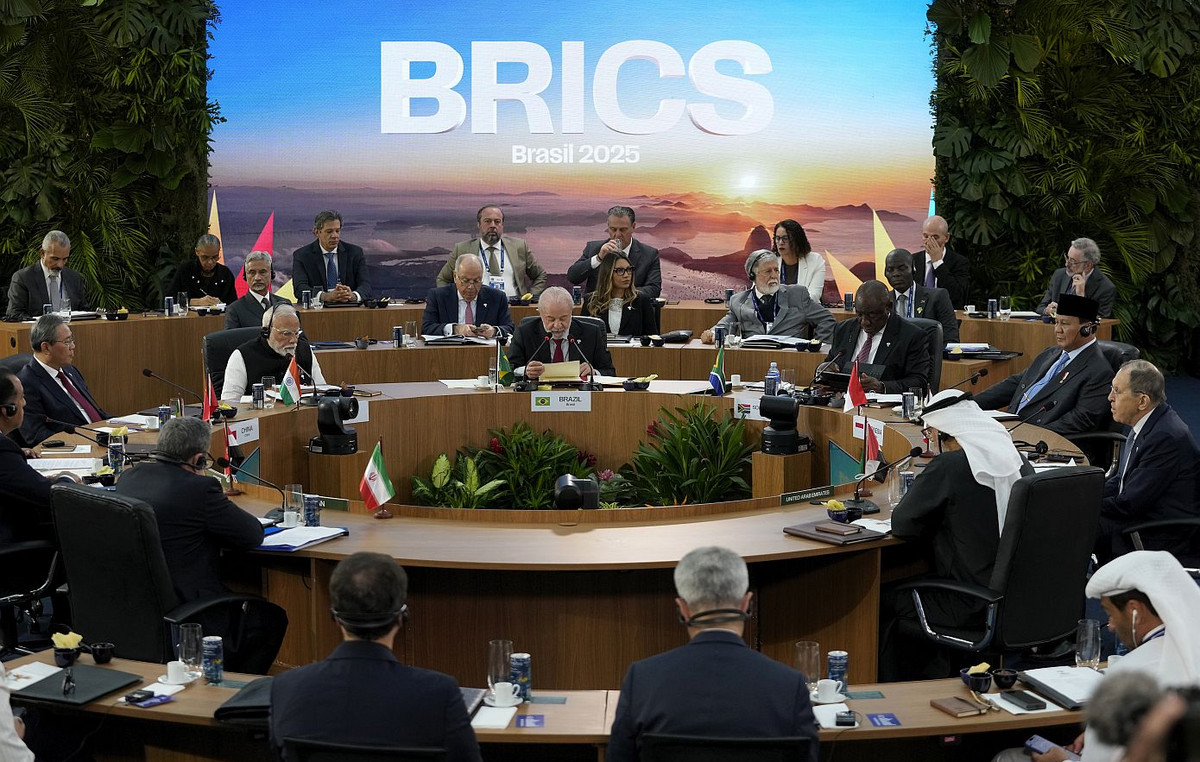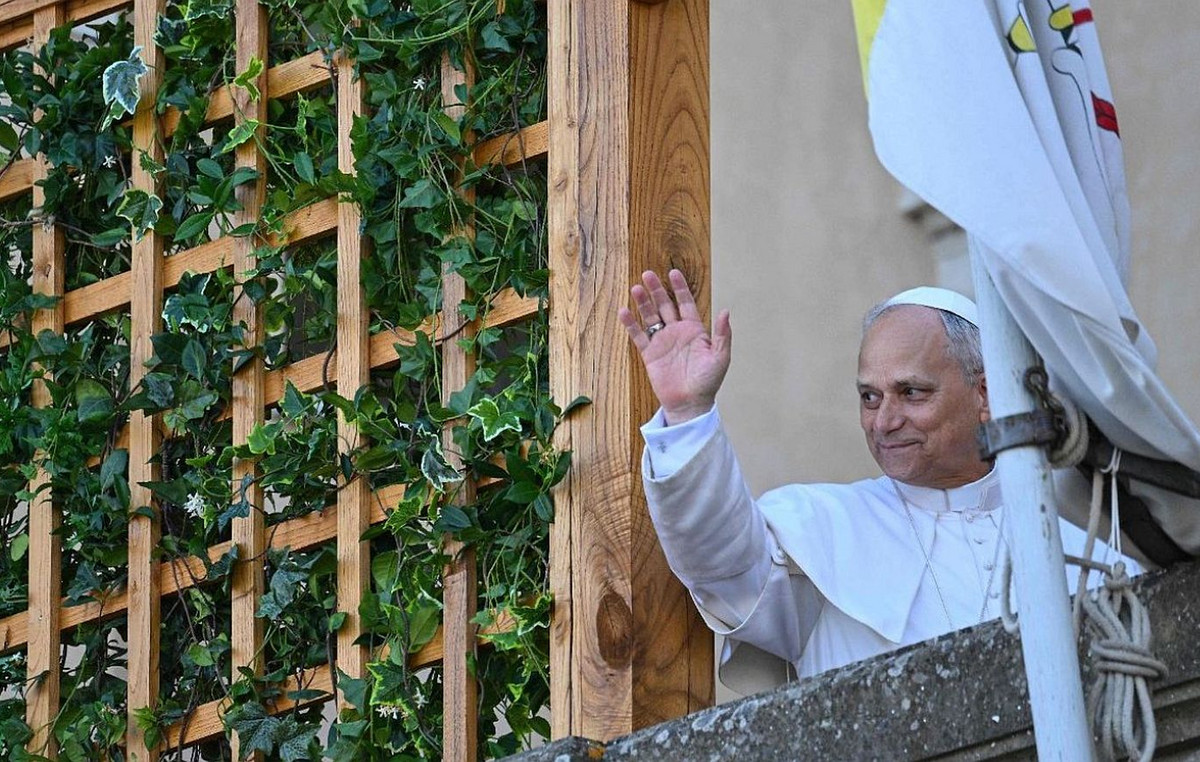In the first and second parts, I told you about the beginning of the journey and the golden period of a well-known mobile developer, I advise you to read it if you have not already done so.
In the final part, you will learn about how Gameloft lost its position in the mobile games market.
Wrong Turn – The First Games With Microtransactions
In May 2007, Facebook launched its platform, which made it possible to create and upload applications. Two years later, in June 2009, the American developer Zynga releases a social free-to-play FarmVille. The novelty was a resounding success – in May 2010, the brainchild of Zynga already had more than 83 million monthly active users.
Mark Pincus, the founder of Zynga, admitted that he had problems recruiting developers. They believed that they would not be respected for their work on the project. That same year, Time magazine named FarmVille one of the “50 Worst Inventions”, calling it “almost a game”.
The gaming community had a negative attitude towards games like FarmVille, but the number of users and the revenue that such projects brought in did not leave other companies indifferent. Due to the closure of Flash technology at the end of 2020, the browser version ceased to exist and continued on smartphones.
Of course, Gameloft watched this and also decided to try their hand at shareware projects. In November 2010, he released the first browser-based game for Facebook in a long time. Appears in the social network library green farm — the first F2P project of the company.
In the 2000s, MMO RPGs gained great popularity on the PC, which in general popularized the shareware sales model. One of these projects was the notorious World Of Warcraft.
Gameloft inspired such a project to create its analogue and in April 2011 presents a large-scale MMO RPG – Order & Chaos: Online. The novelty was paid, despite the presence of in-game purchases. Later, in 2014, it switched to a free-to-play distribution model.
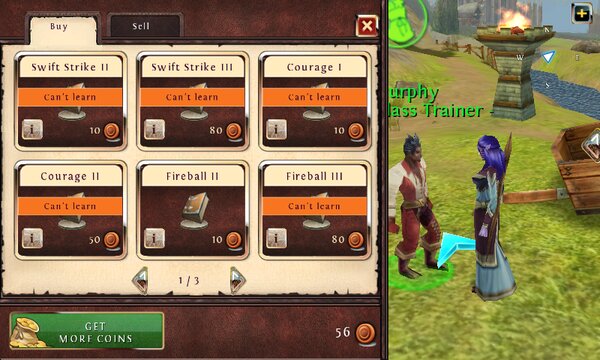
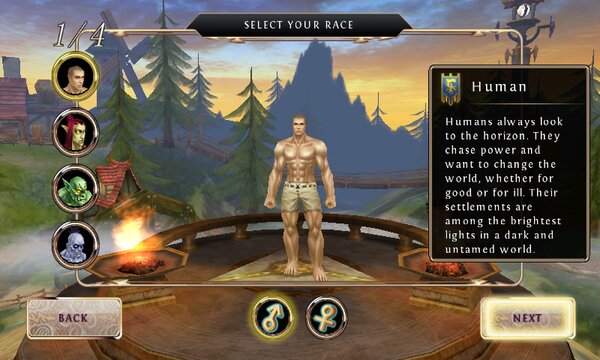
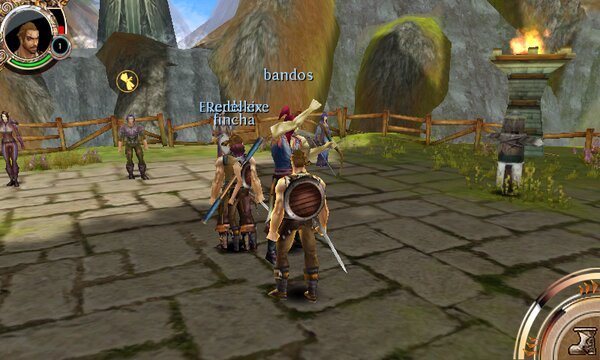
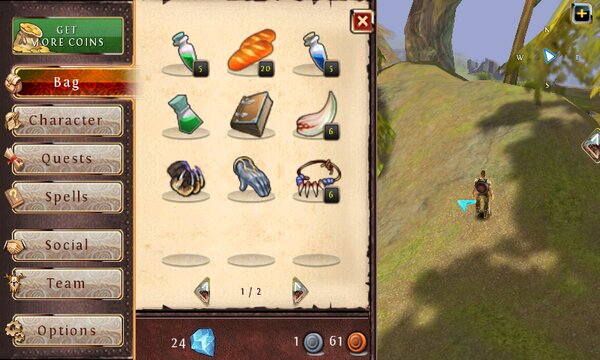
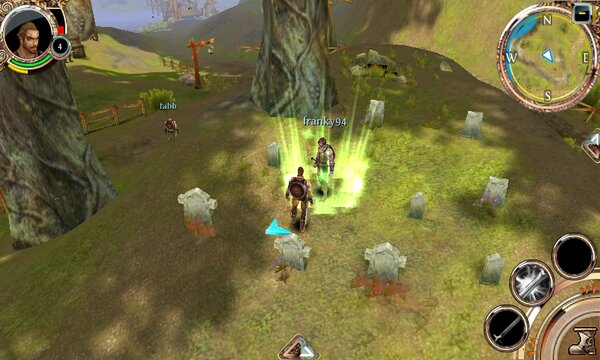
It was not possible to find specific reviews of those times, but from small snippets it was clear that gamers liked the novelty, because at that time it was the only mobile analogue of the popular World Of Warcraft.
In the same year, the French try to release completely free social games with in-app purchases.
One of these has become The Oregon Trail: American Settler – a spin-off of the 1982 game of the same name and was a farm simulator.
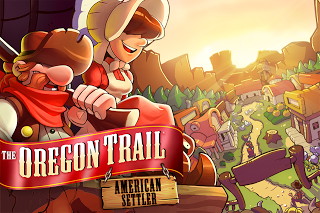
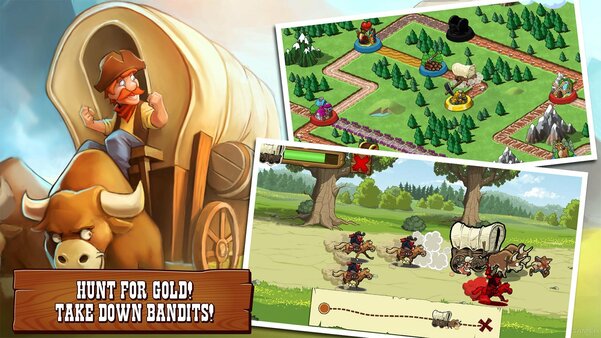
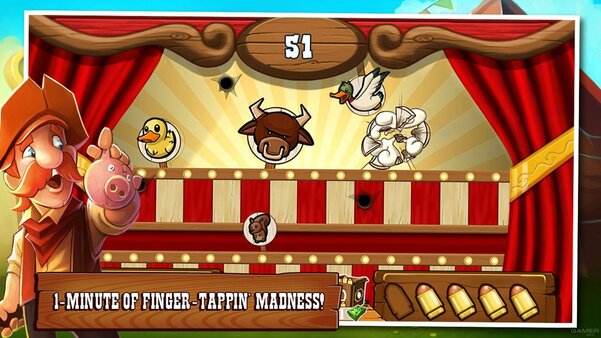
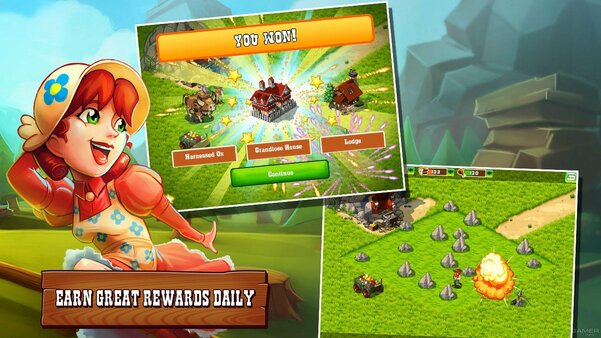
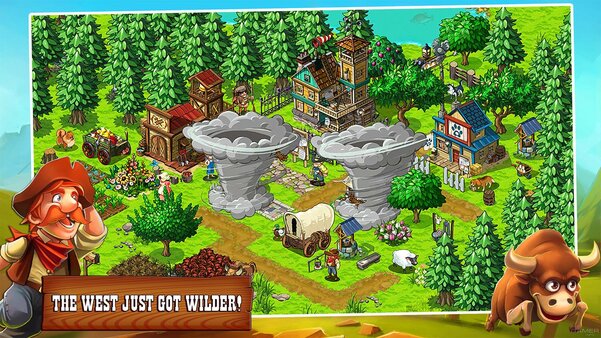
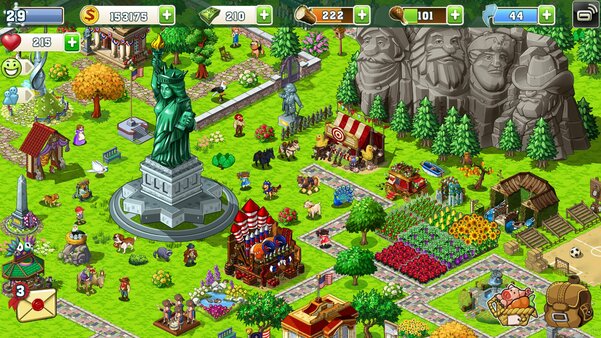
The player places farm plots, houses, businesses, and decorations. Gathers food, wood, and gold, and can craft tools and medicines. Buildings produce goods over time and need to be harvested to produce more. Almost all activities require energy, which is replenished over time. Items and buildings can be bought or accelerated by spending premium currency purchased with real money.
Next smartphones visited Six Guns in a Wild West setting.
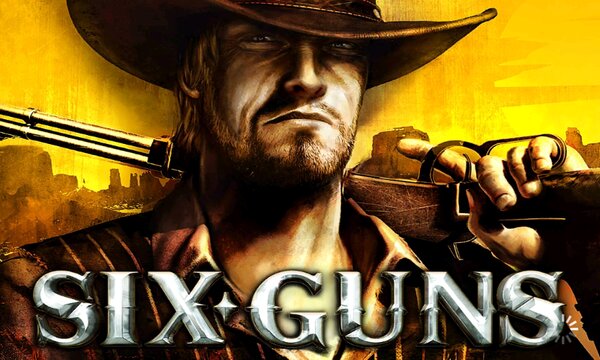
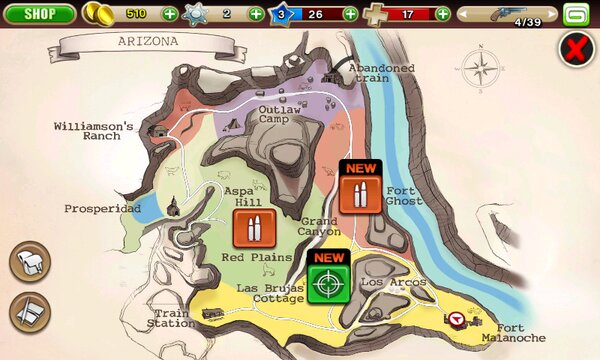
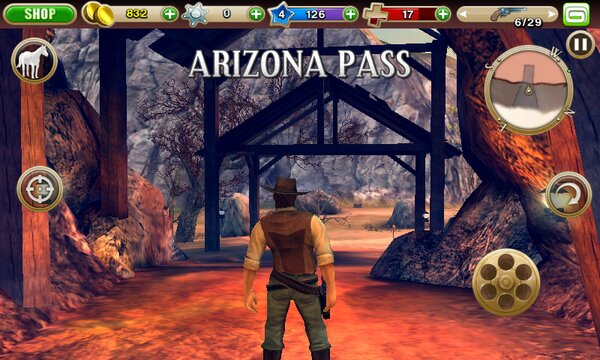
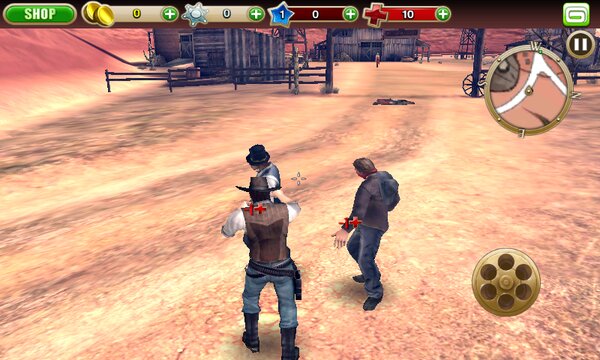
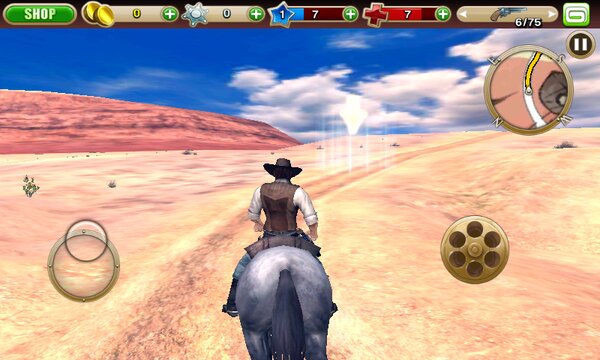
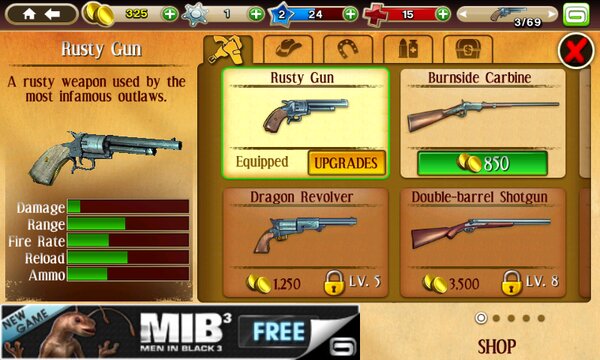
In the same period came out fantasy town and Fashion icon, which represented the same farm simulators, only in a different shell. All of them are free-to-play projects and were a kind of pen test for Gameloft with a new business model.
If now a paid application in most cases is a guarantee of the absence of microtransactions, then in 2011 things were different. There were paid titles with donations – Gangstar Rio, Wild Blood, Modern Combat 3 and others, which, although they had in-game purchases, did not interfere with comfortable gameplay.
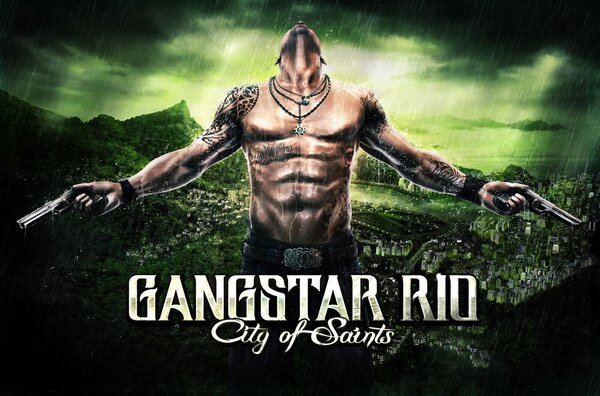





There were also developers who did not use the distribution model in their F2P projects. They believed that she manipulated the characteristics of the player’s psyche, exploited human weaknesses, and formed an addiction.
Unfortunately, Gameloft acted differently, despite the criticism of such projects from the gaming community. Indeed, according to a study by Flurry, already in 2011, free applications brought in more revenue than paid ones.
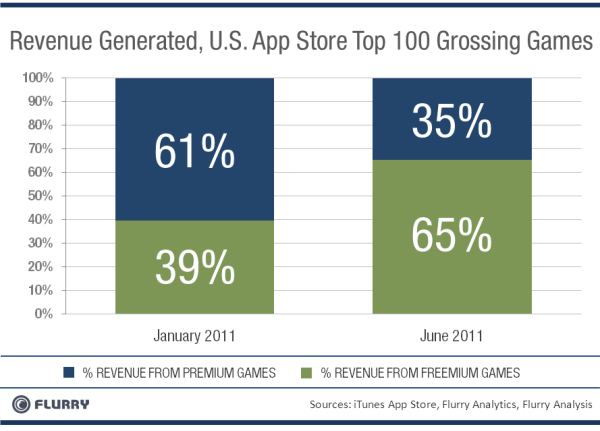
And in the first quarter of 2012, Gameloft’s revenue increased by 59% compared to the same period in 2011. This was largely due to new donations, which accounted for 80% of revenue. But there was also a large influx of users – in 2013, already 125 million people around the world played French projects thanks to the free-2-play system.
The owners of Java devices were the luckiest – projects for them came out without in-game purchases, simply because the platform did not support the microtransaction system.
Absorption
Gameloft’s revenue is growing by leaps and bounds. The games boast hundreds of millions of downloads – all is going well.
Ubisoft, which owned Gameloft, was always important to be independent from other companies, because it was Guillemot’s family business. But at the end of 2015, the French media conglomerate Vivendi, seeking to expand its influence in the video entertainment market, acquires a 6.6% stake in Ubisoft.

Ubisoft CEO Yves Guillemot sent a letter to employees after buying the shares:
Our intention has always been to remain independent. This value has allowed us to innovate, take risks, create beloved franchises for players around the world for 30 years and helped the company become a leader today.
Ubisoft is trying in every possible way to protect itself from a takeover by Vivendi – it warns shareholders about the risk to the company, which creates a French media holding. But the company fails to hold back the defense, and in order to maintain the independence of at least Ubisoft, the management donates to Gameloft.
In July 2016, Vivendi acquires a 100% stake in the mobile developer, which gives it full control over the company. Part of the leadership and employees leave, and Michel Guillemot moves to Ubisoft to, together with his brother, resist the onslaught of a complete takeover of the family business.

Over time, Ubisoft managed to maintain its independence, but Gameloft finally remained under the wing of the French media conglomerate.
Does he borrow other people’s mechanics without adding anything of his own?
If gamers had an unambiguous position regarding donation – negative and with criticism, then people’s opinions were divided about copying famous titles – some were glad that they could play a high-quality analogue of GTA, others believed that the company simply borrowed mechanics without adding anything of its own.

As we remember, Gameloft did not reinvent the wheel at the beginning of its journey and released mobile versions of Ubisoft projects on PC (Prince Of Persia, Tom Clancy’s, Assasin’s Creed, etc.) and mobile analogues of popular games (Asphalt, Block Breaker, Gangstar, etc.) . At that time, the company was almost the only one that was developing only mobile games.
A major PC title developer wasn’t interested in the mobile gaming market because it didn’t generate as much revenue as it does now. And people had a desire to play on their mobile devices. They wanted to play GTA – they downloaded Gangstar. We wanted to play Call Of Duty – downloaded Modern Combat. They wanted cool NFS-style races – they downloaded Asphalt – there are many such examples. These projects were of high quality, Gameloft took their products seriously. It cannot be said that PC titles were copied insolently, after playing them, you will see that this is not so.
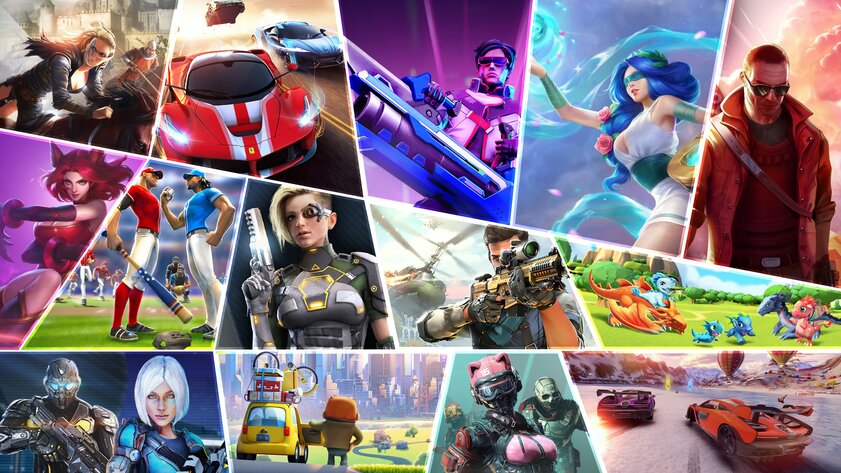
With the advent of the first touch devices and mobile app stores, users have not lost their desire to play. Gameloft gave them this opportunity, continuing the scheme proven over the years – mobile analogs of PC games, Ubisoft projects and licenses for well-known franchises. Yes, over time, GTA ports, mobile NFS and other PC games began to come out, but Gameloft continued to release its analogues of popular games. The French simply did not know how to do otherwise, and after the takeover, the new management of the company was not eager to change anything.
Our days
Since 2017, Gameloft has been increasingly releasing simple browser-based projects for the Ludigames.com website that can be played from a smartphone.

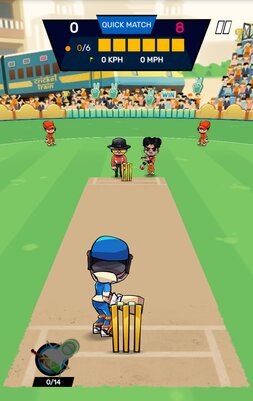






One of the last major releases was the notorious Asphalt 9: Legends, which was released back in 2018 on many platforms. The new Asphalt boasted chic, by the standards of smartphones, graphics, but under a beautiful wrapper, an aggressive donation was also hidden – the forums were littered with messages about user dissatisfaction and how one or another event can be completed without investments.
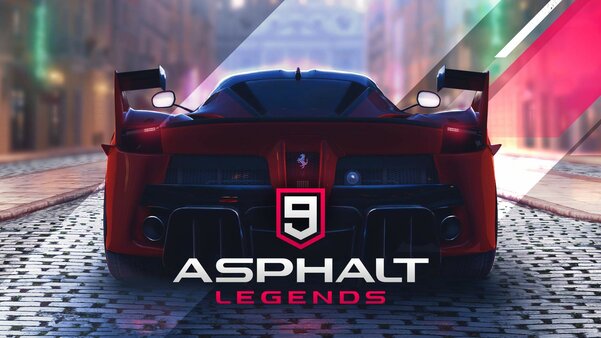





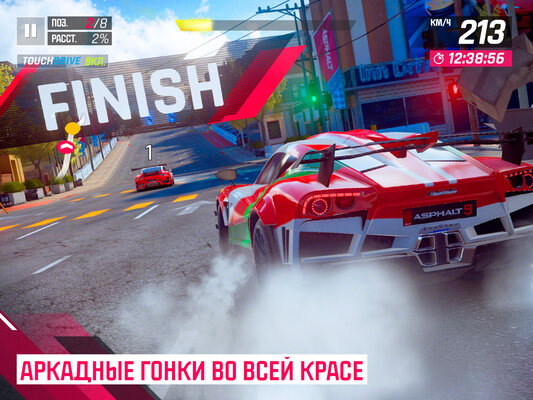
I myself left dozens of hours in the new Asphalt, but over time the project got tired, because the longer you played, the more often the developer demanded a “penny” from you in his pocket. According to messages from the forums, it became clear that now the situation with donations has worsened and now it is impossible to advance in a career without investments.
You can also note the racing arcade on motorcycles Rival Wheels (2018) – the latest project on the Java platform from the French. There are three locations with ten races each. Each race has three goals, for each of which the player receives wheels. While racing, you can collect coins and then use them to unlock special skills. Each motorcycle has one special skill.


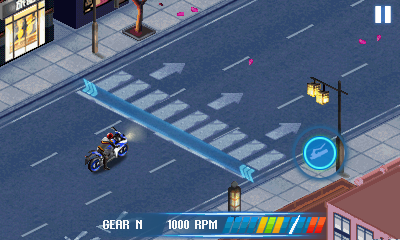
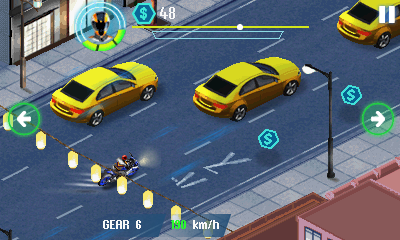
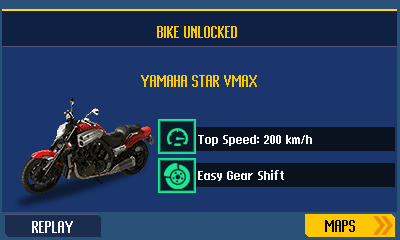
After the 18th year, Gameloft seemed to have disappeared from the radar, but at the end of 2021 it made itself felt with a loud novelty for smartphones and PCs – Gangstar New Yorkwhich at the time of publication of the article is in closed alpha testing and the release date is still unknown.



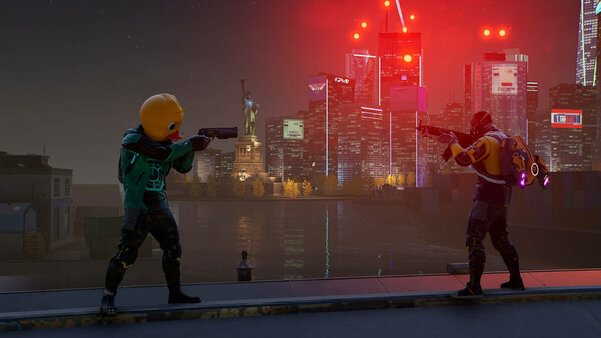

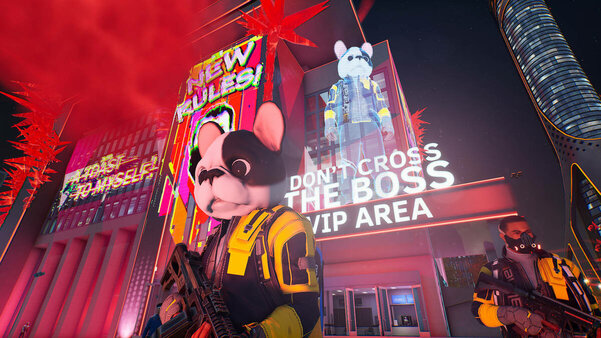
In the comments under the gameplay videos, people write rave reviews about the graphics, about the return of that same Gameloft, but I’m skeptical about the new Gangstar, because the company’s management has not changed, no one bought the company from Vivendi – it’s still the same company that released Asphalt 9 .
Throughout its history, Gameloft has amassed the largest portfolio of over 500 games across all platforms. I have always strived to ensure that as many people as possible play high-quality projects – on the phone, on the console, on the PC, everywhere. It was clear that the developer lived on games and F2P projects, which, in addition to considerable income, also brought a large number of new users.


Unfortunately, the French fell into the trap of free-to-play products – over time, they lost a lot in quality, both in terms of graphics and gameplay. The takeover completely closed the issue of changes that users demanded – a decrease in donations, more original ideas, the new management is only interested in the amount of revenue.
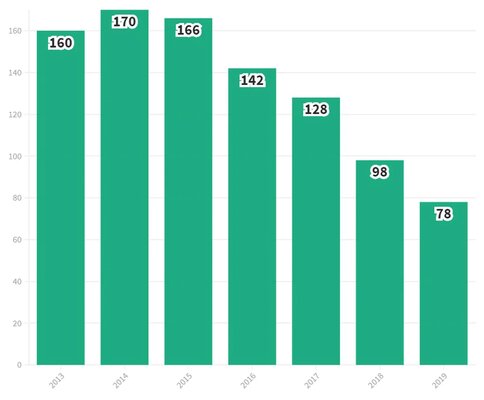
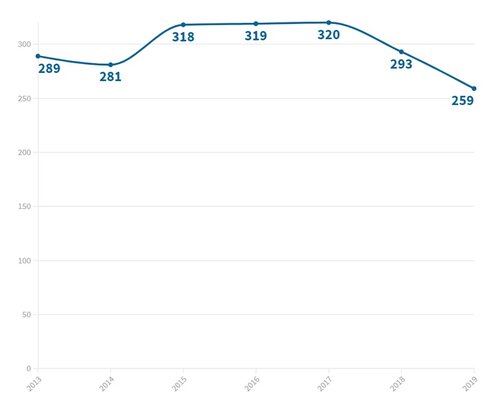
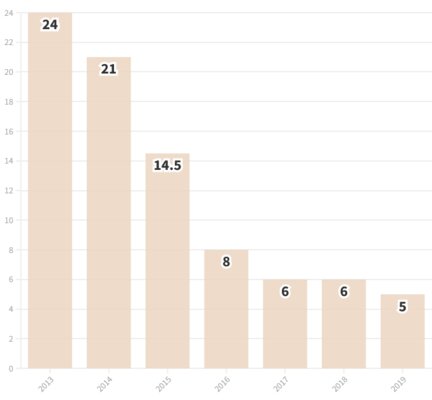
The crisis, disappointing performance and huge pressure from competitors require the French to make major changes. Whether the leadership will decide on them or Gameloft will remain in the background of history – time will tell.
What do you think was the main reason for the fall and what do you think awaits the developer next?
Source: Trash Box
Donald-43Westbrook, a distinguished contributor at worldstockmarket, is celebrated for his exceptional prowess in article writing. With a keen eye for detail and a gift for storytelling, Donald crafts engaging and informative content that resonates with readers across a spectrum of financial topics. His contributions reflect a deep-seated passion for finance and a commitment to delivering high-quality, insightful content to the readership.




